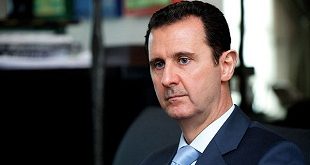RDF’s niche has been delivering projects where everyone else has failed and in a very short time as was the case for Shyira Hospital.
It is this experience and commitment that ensures that the RDF is called upon whenever landslides sweep away vital roads and bridges because they will restore them quickly.
As records would show, over the last two decades, the government has encountered challenges in its efforts to provide shelter for genocide survivors and vulnerable households mainly because private contractors would collude with local government officials to do substandard work, costing the state billions.
It was not until RDF was handed the task of building houses for genocide survivors and Intergraded Development Programme (IDP) model villages across the country that this challenge was addressed.
Since then, thousands of houses have been built, complete with cattle sheds and good roads.
The RDF has also been pivotal in preserving the country’s environment, planting millions of trees, putting in places thousands of hectares of radical terraces and ravines as well as water sheds on rivers.
This laborious work of the armed forces has also tremendously contributed to agricultural transformation in Rwanda over the last 23 years, making the country food secure.
As a matter of fact, the army has contributed over Rwf215m to the One Cow per Family -Girinka programme.
One cannot assess RDF’s contribution to Rwanda’s socio-economic development without assessing the role of the army in healthcare provision. In fact today, one can rightly argue that the army is at the forefront of ensuring access to healthcare.
Thousands of Rwandans have benefited from outreach services and free surgeries offered by army doctors during the army week,while Rwanda Military Hospital (RMH) continues to offer tertiary medical care at an affordable cost for ordinary Rwandans.
While RDF has a constitutional mandate to participate actively in the country’s development, it is not often that we see the army contribute effectively to national development in many countries.
As we approach 25 years of the existence of RDF next year, many countries should think of how they can replicate the ‘RDF model’ because it has become more apparent to us that the role of the army goes beyond ensuring safety and security.
*****
The writer is a publisher, consultant and free thinker.
Email: hlugaba@gmail.com
 The Independent Uganda: You get the Truth we Pay the Price
The Independent Uganda: You get the Truth we Pay the Price



Very proude of my country and RDF.